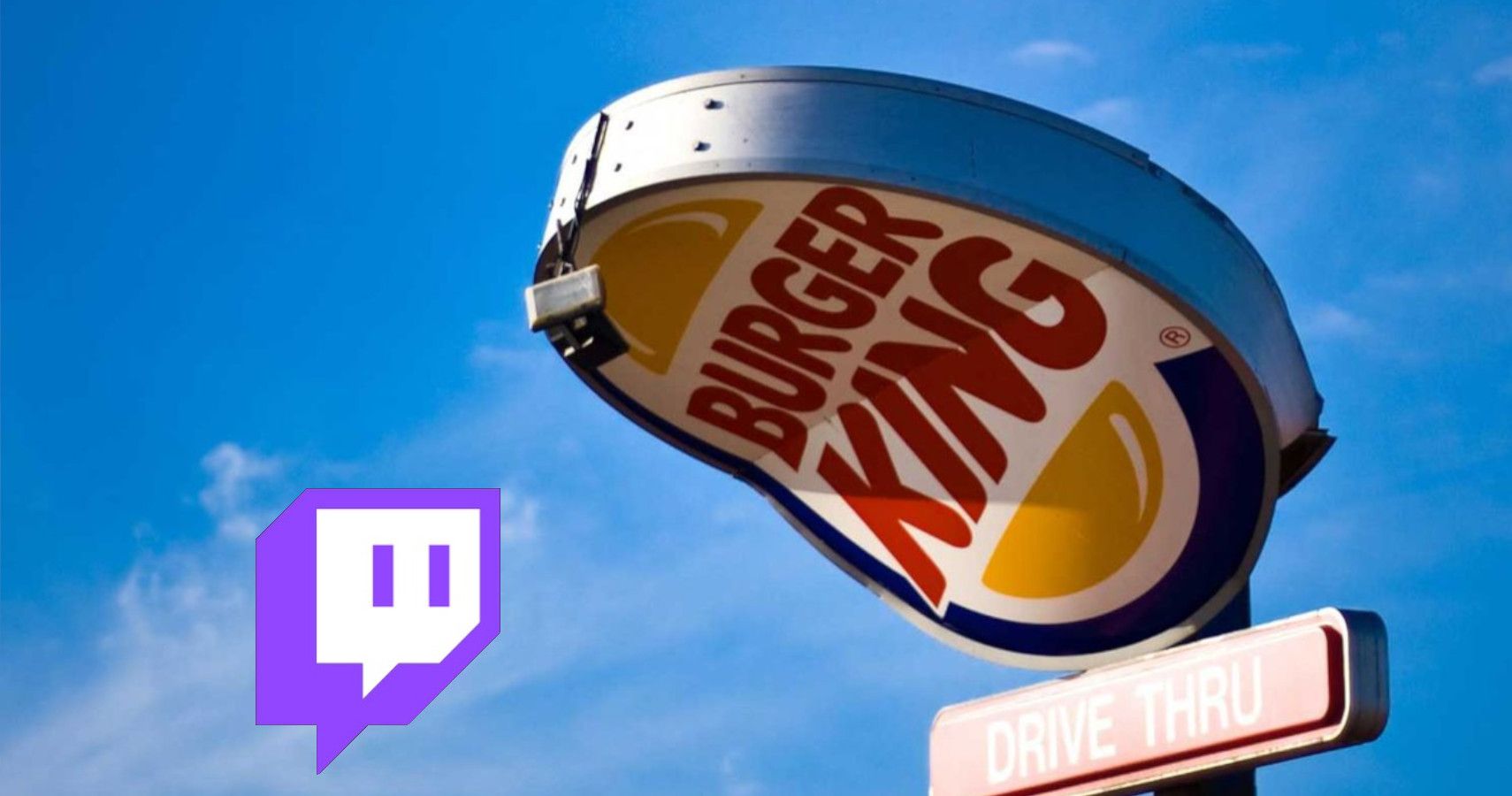For many content creators, advertising and partnerships make up a significant amount of their total income. There are any number of ways that brands can go about integrating ads into livestreams and videos. Sometimes creators will read copy at the beginning or end of their videos, sometimes they'll wear branded clothing on stream or add a logo to their overlay. No matter what the arrangement is between creator and brand, one thing is always consistent: the terms and conditions are worked out ahead of time.
Both the creator and the brand agree to a deal and the creator is compensated. Most importantly, the streamer is aware they are delivering an advertisement to their audience. Apparently, Burger King doesn't understand consent and compensation, because they've been using community tools to force ads onto livestreams and scam streamers, and they're proud of it.
Marketing firm Ogilvy posted a video on Twitter today that outlines a viral marketing campaign they performed on behalf of Burger King. In the video, a bunch of different streamers are shown reacting to TTS donations, or text-to-speech donations, advertising various Burger King menu items.
The video uses title cards with white text on a purple background (Twitch colors) to explain that streamers on "a live streaming platform" often use TTS plug-ins that allow anyone to donate money and write a message. That message will then be read live on stream by a Siri-esque voice simulator. What they don't explain is that this tool is used by streamers to help encourage audience participation and build their communities through interaction. What does Burger King use it for? To read Burger King ads out loud to streamers and their audience.
To be clear: the streamers are not participating in the ad. Most of them seem confused, assuming its some kind of weird new way to troll. Burger King seems to think this is just a bit of innocent fun, and that sending a streamer $5 to make their audience listen to an ad is some kind of goof, but it's extremely not.
To put a finer point on how underhanded and dishonest this whole thing is, the disclaimer at the bottom of the video explains that while the reactions are real, some of the players and voices have been changed to "protect the innocent." All of the player's faces are blurred out and their voices have been digitally altered, but it's likely none of these are the actual streamers anyway, and they blurred out the faces of actors lip-syncing with the audio of the actual streamers. In fact, all the games shown in the video are fake video games. They weren't willing to secure the rights for the actual games, and there's no telling where these images come from. They can't even say Twitch in the video. Burger King wasn't interested in getting permission from anyone for any part of this project.
This could very well be the end of donation messages of all kinds, spoken and written, if other dishonest brands and companies start thinking this is a fun (and cheap) way to advertise. Imagine scripts that can send hundreds or thousands of donations an hour to streamers all of Twitch. At the cost of $3-$5 per message, that nothing compared to a single sponsorship deal with a streamer.
This isn't catastrophizing either. Among the 1,000+ comments admonishing Oglivy, streamer Anne Munition explains that she gets taken advantage of in this way by brands at least once a month.
Oglivy seems to have posted this video to share their portfolio and attract new clients. Given the negative reaction though, it seems that likely won't be the case.
READ NEXT: Streamer Invents A Genius Way To Eat McDonalds While Gaming

